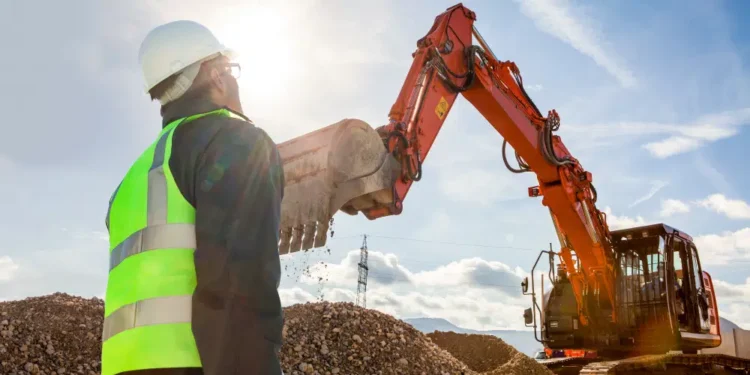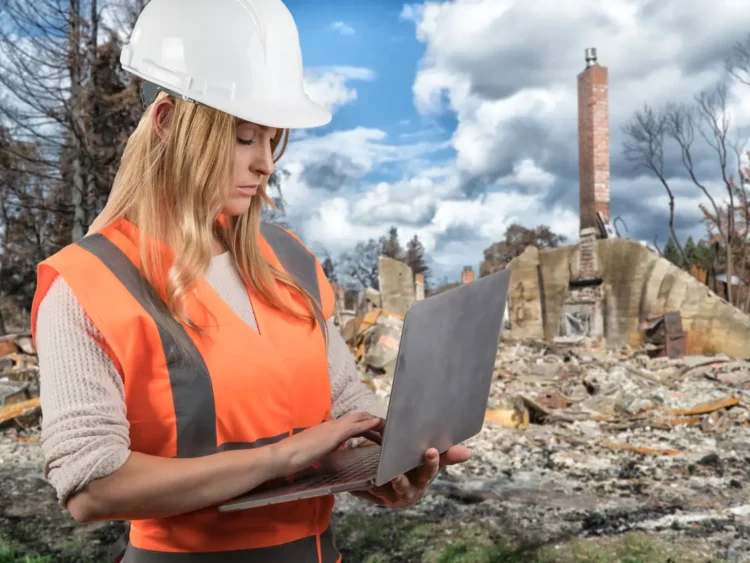Excavation contractor insurance claims might sound like a niche topic, but the nuances of these claims are of paramount importance to industry professionals. Excavation contractors find themselves amidst an array of risks, from accidental property damage to unforeseen mishaps. Given these perils, robust insurance coverage becomes a cornerstone of their business’s safety net. In this guide, we’ll dive into the intricacies of these insurance claims, from understanding their breadth to navigating the claims process, ensuring you’re well-prepared for 2024 and beyond.
Page Contents
Understanding Excavation Contractor Insurance

Source: nipgroup.com
Insurance for excavation contractors is multifaceted. Coverage varies, but some typical types include general liability, workers’ compensation, and property damage. These policies protect against the high-risk situations that excavation contractors often encounter. Delving into an insurance policy, you’ll find specific clauses, deductibles, and coverage limits tailored to the industry’s needs. The crux lies in understanding these components to ensure maximum protection. Remember, insurance isn’t merely a business requisite; it’s a bulwark against potential financial pitfalls in the excavation realm.
Common Excavation Insurance Claim Scenarios
Excavation contractor insurance becomes particularly critical when things go awry. An excavator could accidentally damage a utility line, or a sudden land shift might result in worker injury. These incidents, and others like equipment theft or third-party liabilities, exemplify scenarios prompting insurance claims. Depending on the situation, different policies might be activated—liability insurance for damages caused to third parties, or workers’ compensation for on-site injuries, for instance.
The Insurance Claim Process
Initiating a claim isn’t just about notifying your insurer; it’s a systematic process. First, any incident prompting a potential claim should be promptly reported. Then, amass evidence—photographs, witness statements, and any relevant documents. These bolster your claim’s authenticity. Be meticulous; every detail counts. Timely communication with your insurer is paramount, ensuring you’re both on the same page.
What to Expect During the Claims Evaluation

Source: claimsmate.com
Once filed, your claim undergoes rigorous evaluation. Insurers employ adjusters—professionals adept at claim assessment. They scrutinize your submitted evidence against the policy’s clauses, determining its validity and ascertaining the payout. This phase, often tedious, might be fraught with challenges. Delays, claim disputes, or insufficient evidence can hinder your claim’s approval, underlining the importance of a thorough initial submission.
Preparing for a Successful Insurance Claim
Forewarned is forearmed. Pre-emptive measures dramatically streamline claim success. Regularly update and maintain records, cataloging all assets and potential vulnerabilities. This proactive approach, coupled with stringent safety protocols, reduces the risk of accidents. By fostering a culture of diligence and risk-awareness, contractors can fortify themselves against unforeseen setbacks.
Negotiating and Settling Claims
Claims don’t always resolve smoothly. There are instances where negotiations are imperative. Whether disputing a claim’s denial or a proposed settlement amount, effective communication skills can be invaluable. While it’s possible to navigate this phase independently, legal representation becomes a formidable ally, especially when disputes escalate.
Post-Claim Best Practices

Source: businessinsider.com
A settled claim isn’t the end; it’s a learning opportunity. Reflect on the incident, identifying areas of improvement. Adjust practices, reinforce safety protocols, or even negotiate policy terms to optimize future protection. Embracing these best practices not only mitigates potential future claims but can also foster favor with insurers, potentially leading to reduced premiums.
Armed with this knowledge, excavation contractors can approach 2024 with renewed confidence. By understanding insurance intricacies, pre-emptively strategizing, and adopting post-claim best practices, they can ensure their business remains resilient amidst any challenges the year might bring.





